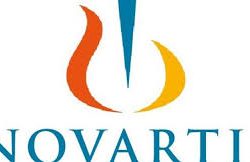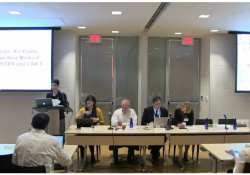The Department of Health and Human Services Office of Inspector General (OIG) informed KEI that it would not move forward with an investigation into whether Isis Pharmaceuticals, now known as Ionis Pharmaceuticals, failed to report federal funding in patents on Spinraza.
In a letter dated March 13, 2017, Matthew Charette, the Special Agent in Charge of the Investigations Branch of OIG, explained that OIG counsel believes that OIG has limited authority, and that the obligation to “monitor[] invention reporting and remedy[] noncompliance” “rests with NIH’s Office of Policy for Extramural Research Administration (OPERA).”
On January 18, 2017, KEI submitted a 22-page letter to OIG containing evidence that the patents on Spinraza benefited from federal grants. KEI did not just ask OIG to investigate Isis’ alleged failure to report this funding, in violation of the Bayh-Dole Act and federal regulations, but also urged the OIG “to investigate whether the National Institutes of Health failed to conduct proper oversight in administering its grants” and to “recommend appropriate action to remedy the situation in line with the statute and prior decisions with regard to failure to disclose a subject invention.”
Continue Reading →






